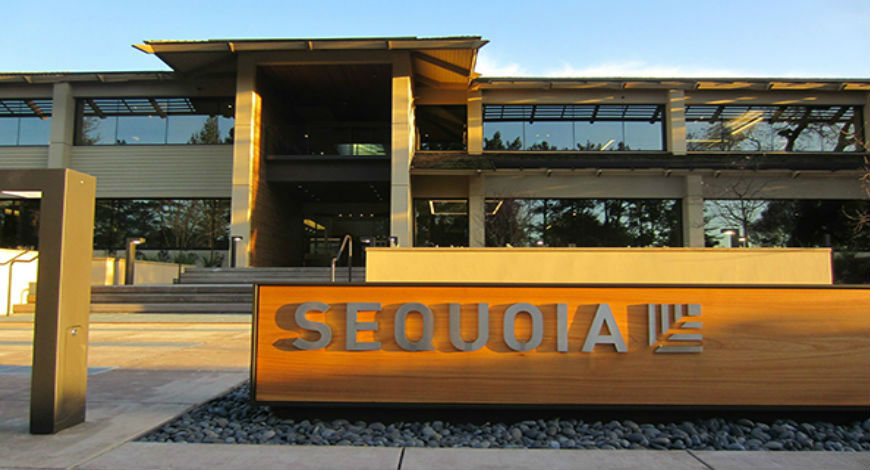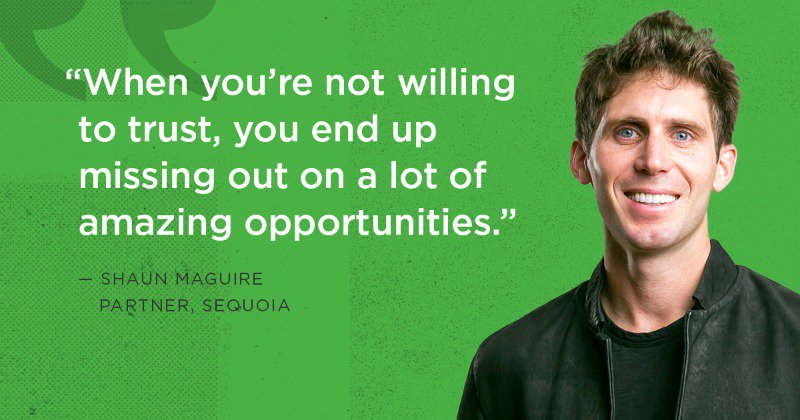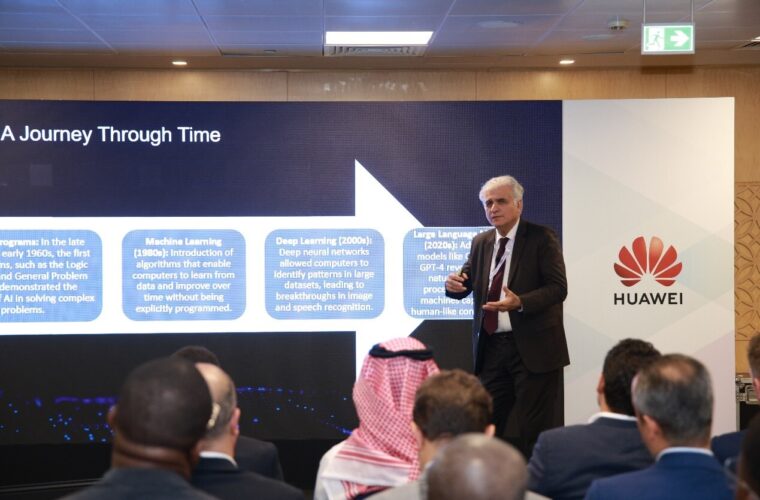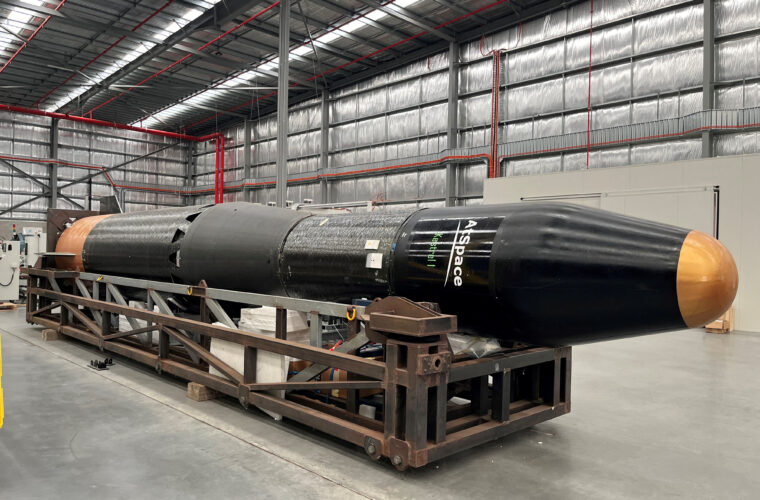When a giant cuts resources, it doesn’t look good for the entire industry. It is an unwritten law that is almost impossible to escape, especially when investments have many zeros at stake. Thus Sequoia Capital ‘s difficulties are putting the entire Silicon Valley startup ecosystem turmoil. On the other hand, as Crunchbase testifies, we are talking about a VC firm that has raised over 35 billion in 34 funds, completing 365 exits.
A primary reference for those who invest money in budding companies, so much so that over the 51 years of activity, Sequoia Capital has bet on Apple, Google, Cisco, YouTube, Nvidia, PayPal, Instagram, SpaceX, Airbnb, Twitter, LinkedIn, Electronic Arts, Stripe, Reddit, Klarna, DoorDash, Zoom, Dropbox and OpenAI. A short list compared to the total hints at how important the Menlo Park-based VC has been so far for the growth of Silicon Valley as a patch of earth synonymous with innovation.
Cuts in crypto and startup funds
From the $3 million of the first fund with which founder Donald T. Valentine financed Apple and Atari in 1972, a lot of time and experience has passed, with a constant growth that has led Sequoia to take the leadership among the world’s venture capitalists in the tech sphere. However, the time of easy money, with multiple investments favoured by low-interest rates, is over. In the face of a much more uncertain economic environment, one has to act more cautiously. So reduce investments to lower the possibility of error, leading to a straightforward downsizing of the company and the Californian startup ecosystem.

This is where the cuts decided by Sequoia Capital come from, which has reduced the fund dedicated to cryptocurrencies by 65%, from $585 million to $200 million, and halved the ecosystem fund that supports other venture funds, reduced from $900 million to $450 million.
“We made these changes to sharpen our focus on seed-stage opportunities and to provide liquidity to our limited partners. The crypto fund will primarily focus on new company formation, with the opportunity to supplement these investments from our seed, venture, growth, and expansion funds as the companies mature,” said a Sequoia spokesperson in an email sent to TechCrunch.
Sequoia capital severe crypto crisis and the wrong deal with FTX
The choice regarding the crypto fund is not surprising, as the sector has been navigating rough waters for over a year now. Sequoia’s mistake was the timing with which it launched the fund dedicated to crypto startups, February 2022, a period that coincided with the beginning of the crash. According to PitchBook, between the first quarter of 2022 and the first quarter of 2023, investments in cryptocurrencies and related projects dropped by 80%. Weighing on the sector were the bankruptcies of major companies that went under in a short period of time. The first was Terra/Luna, followed by Voyager and FTX. The latter was the heaviest thud for the credibility of the crypto world but also for Sequoia Capital, which had invested $214 million in the exchange led (badly) by Sam Bankman-Fried through two funds. A terrible move that convinced Sequoia to apologise to its investors, which is unusual among venture capitalists.


Sequoia’s transformation: separate activities and focus on India
It is not only the cut in funds that demonstrates Sequoia Capital’s period of tarnishing, which in the space of a few weeks has lost a historical partner such as Michael Moritz and announced the separation of its activities between the West (US-Europe) and the Far East, where in turn two different divisions will coexist, one in China and one in India. Partner of Sequoia for almost 40 years and inspirer of many successful insights, Moritz is leaving the company after being on the board of giants such as Google and PayPal and Getir, Stripe and Klarna.
As for the division in Asia, the move has implications in the climate of tension between the US and China, not least because Sequoia has been active in the country of the dragon for 15 years and has many stakes in startups and companies born in China (until recently ByteDance was also on the list). ‘It has become increasingly complex to manage a decentralised global investment business,’ the company said in a note about the separation of activities geographically.

While China has for years been fertile ground for unearthing new ideas, now the major attention will gradually shift to India, where Sequoia will be active as Peak XV Partners (a new name for the former Sequoia India and Southeast Asia) and will focus heavily on fintech startups. Forecasts say that by 2030 the sector could be worth around $500 billion. This is where Sequoia will be looking for its next big shot.



